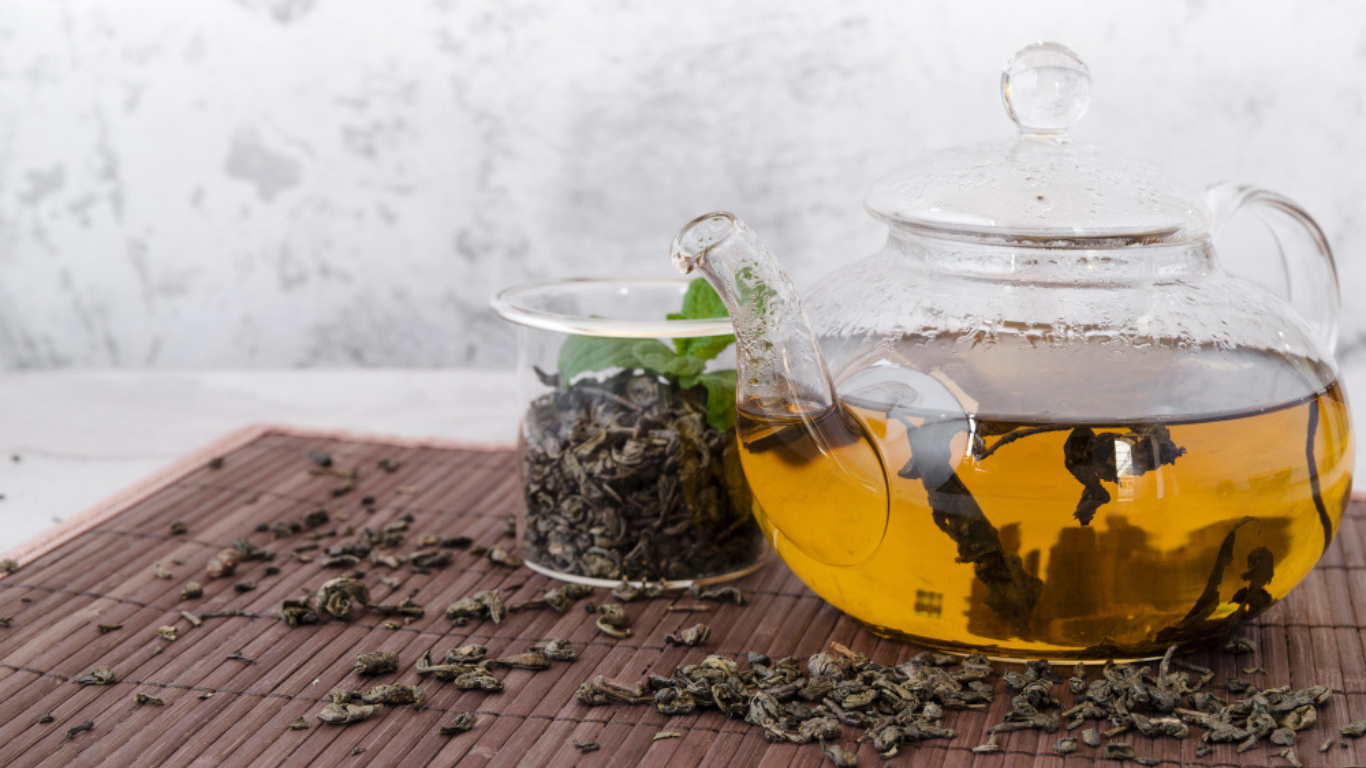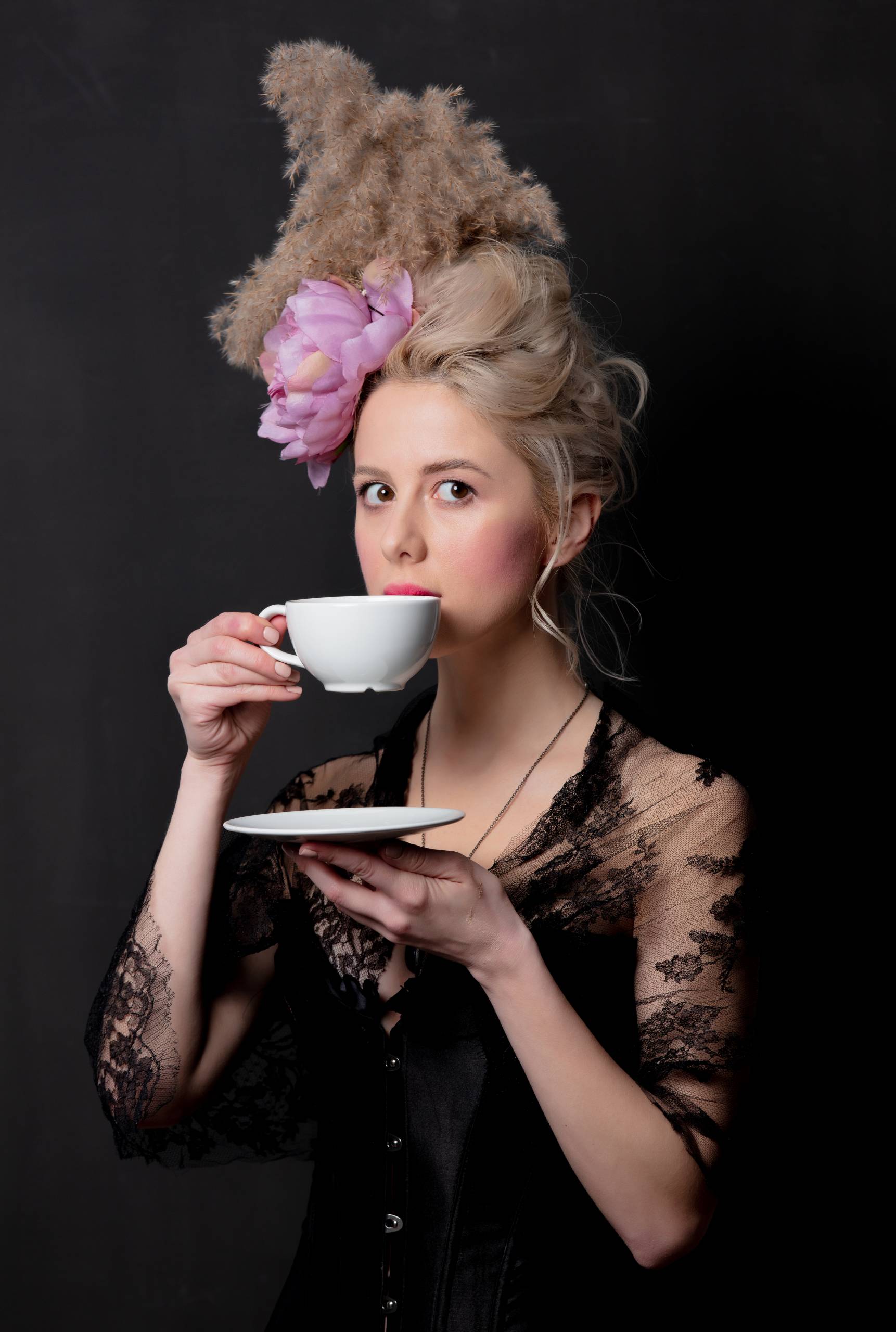Teas before the exam, good or bad !


Tanvir Ferdous
Teas before the exam, good or bad !
Table of Contents
Introduction
Do you feel slow and uninspired before a test? Are teas your go-to for an energy boost? It’s important to know the science. Is it a good or bad idea to drink teas before exams? Read this post to find out!
Tea has been enjoyed for centuries! Recently, it’s become popular again due to its many health and lifestyle benefits. But what about drinking tea before taking an exam? This article will discuss the effects it may have on performance during exams. We want to give you an informed perspective on the matter.
Benefits of Drinking Tea before Exam
Drinking tea has been linked to health benefits and part of human culture for ages. Caffeine in tea can make you more alert and help concentration and mental performance. Studies show that tea with higher concentrations of caffeine can improve reaction time, alertness and memory.
The flavor, aroma and color of tea can also affect mood. They can induce calming effects, decrease stress and make people more capable of dealing with mental overload. Tea can even boost creativity! Antioxidants in tea not only increase focus and concentration, but also protect from free radicals which can harm cells.
Hence, tea is beneficial in boosting cognitive performance during exams. Though it’s important not to rely too much on any substance, the combination of caffeine and antioxidants in tea can help you perform better.
Drawbacks of Drinking Tea before Exam
Tea is usually thought of as healthy and enjoyable, but drinking it before an exam can have a bad effect on your results. Caffeine in tea gives you alertness and focus, however it can also cause worry and anxiety. This could stop you from reacting properly to the questions in the exam, especially if you are easily overwhelmed.
Drinking too much tea before an exam can also make you need the toilet during the test, causing disruptions that will affect your concentration. Tea has diuretic properties too, so drinking a lot before an exam can make you dehydrated. This can damage your physical and mental performance. So, it’s best not to drink too much tea before an exam.
Different Types of Teas
Choosing the right tea to keep you focused before an exam is tricky. All teas contain caffeine and other helpful components like L-theanine, antioxidants, and polyphenols. Different teas have different levels of caffeine and additional benefits. Here’s a list:
- Black Tea. It has the most caffeine of all teas. It’s great for staying alert while studying and taking tests. Plus, it has polyphenols that are good for your heart.
- Green Tea. It has medium amounts of caffeine, plus large amounts of L-theanine. L-theanine helps keep you calm but still alert. Also, green tea has antioxidants that fight off free radicals.
- White Tea. White tea has low caffeine, but still provides alertness. It also has polysaccharides, which are anti-inflammatory and antioxidant. This can help protect your body from stress or toxins during the pre-exam period.
- Herbal Tea. These teas range from caffeine-free (like chamomile) to containing small traces (like ginger root or peppermint). They can help soothe nerves before an exam, without causing restlessness or feeling overwhelmed.
Impact of Caffeine on Exam Performance
Caffeine, a stimulant consumed worldwide, has been examined for its effects on exam performance. It can provide alertness and cognitive gains for some, yet there are a few matters to consider before consuming it before an exam.
A cup of tea may have 25-120 mg of caffeine, 8 oz of regular drip coffee has 95 mg. Green tea often has 15-45 mg in 8 oz.
Caffeine has been found to help fatigue when taking tests. However, too much can bring on jitters, restlessness, headaches, and stomach upset. Overuse can also raise anxiety and cause physical discomforts during exams due to its diuretic effects.
Since people respond differently, it is important to understand the potential impacts and experiment before exam day. Also, keep in mind the type of tea can alter the caffeine levels (lighter teas contain more). Know how much you usually consume.
How to Choose the Right Tea for an Exam
Exam season can be a super anxious time. Many students turn to caffeine-filled drinks but there are other options too! The best tea for prepping depends on the individual, and the type should reflect needs and goals. Most people opt for calming herbs like chamomile or lavender, while those who need alertness may choose caffeinated teas like green or black.
It’s important to consider the effects of each tea on your body. Read labels for flavor, caffeine content, etc. Experiment with different brewing methods, even bubble tea recipes! Ultimately, it’s up to you how to prepare with a hot or cold beverage before an exam. Just remember: the right tea can make a difference!
Best Practices for Drinking Tea before Exam
Drinking tea can have good or bad results, based on the type, amount, and when it’s taken. So, it’s best to be aware of the following tips!
- Moderate-to-low levels of caffeine is ideal for a calming effect and top performance on exam day. High levels of caffeine will cause a negative effect. Lighter teas like white tea and herbal teas offer mild stimulation, like enhancing focus.
- Individuals should pay attention to when the last cup should be taken before an exam. It takes around 6 hours for half the caffeine to pass from the body. So, drinking any form of caffeinated beverage during this time isn’t advisable as it can cause jitters or concentration issues.
To prepare for exams, use mindful drinking strategies. Have your last cup hours before the test, and mix decaffeinated English breakfast in your routine during test week. This combination can bring relaxation while avoiding withdrawal symptoms.
Conclusion
If you need a pick-me-up for an exam, a cup of tea can help! Just don’t go too crazy. Avoid sugary drinks and don’t overdo it. Drinking tea can increase your attention span and lower stress on test day.
It is generally recommended to avoid consuming caffeine before an exam as it can cause jitteriness, anxiety and difficulty sleeping. This can negatively impact your focus and concentration during the exam. Some examples of teas that contain caffeine include black tea, green tea, and some types of oolong tea. It may be beneficial to stick to decaffeinated tea or herbal teas such as chamomile or mint which can help with relaxation and focus.
It might not be one of the most popular suggestions, but it is definitely not unheard of. With the right type of tea and the right amount at the right time of day, the results can be amazing! Figuring out what works for you and your body is key. Once you find your perfect cup – sip away!
Frequently Asked Questions
Q: Is drinking tea before exams good?
A: It depends on the individual. Generally speaking, drinking tea before exams can be beneficial as it can help to increase energy levels, improve alertness and clarity of thought. However, if you are sensitive to caffeine, it may be best to avoid it.
Q: What kind of tea is best to drink before exams?
A: Green tea is a great option for drinking before exams, as it contains lower levels of caffeine than other teas, as well as numerous antioxidants. Other herbal teas such as chamomile and ginger may also be beneficial.
Q: Are there any health risks associated with drinking too much tea before exams?
A: Yes, drinking too much tea can lead to health problems such as headaches, nausea, and insomnia. Therefore, it is important to limit your intake of tea before exams.
You might also enjoy

What Is The Best Oolong Tea?
What Is The Best Oolong Tea? We know that finding
White Tea For A Healthy Lifestyle: A Guide To The Benefits
We’ve all heard about the amazing benefits of tea, but
White Tea: The Ultimate Guide To Health Benefits
We’ve all heard of green tea, but have you ever
White Tea Vs Green Tea: Which Is Better For You?
We know what you’re thinking: why should I care about
How Can I Make My Own Tea Blends?
Are you ready to take your tea-drinking experience to the

tutu tales royal tea party
tutu tales royal tea party



Pingback: Discovering The World Of Nagasaki Tea: A Guide To Its History And Culture | GVTEA
Many thanks for your information.